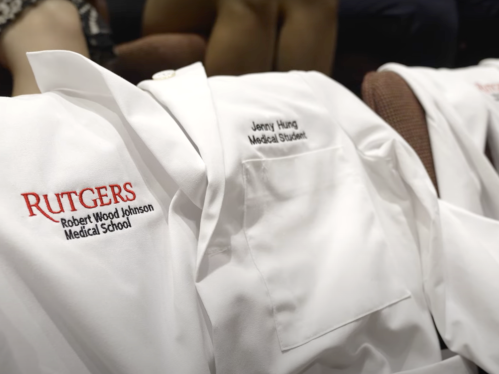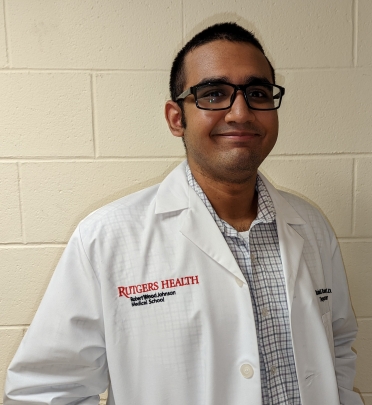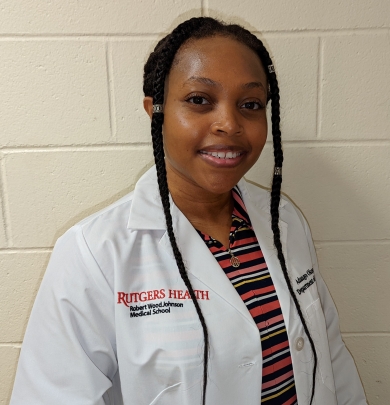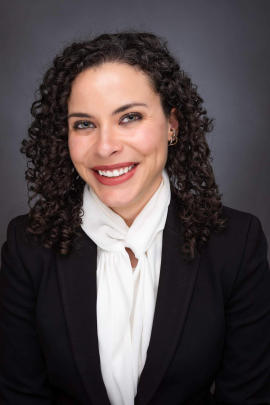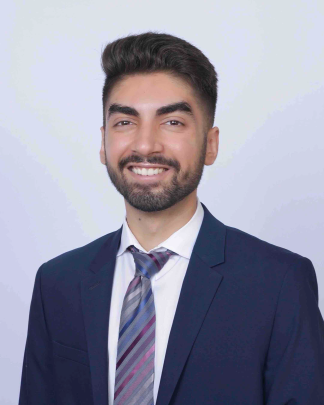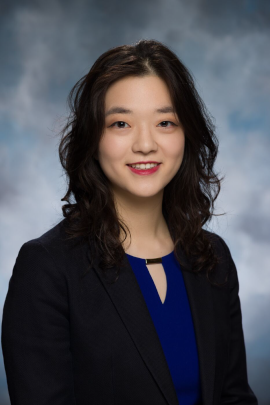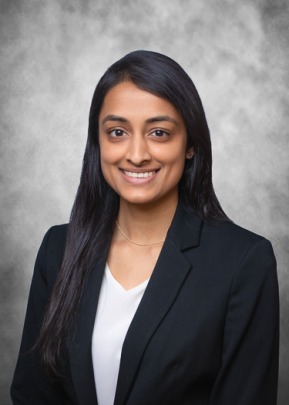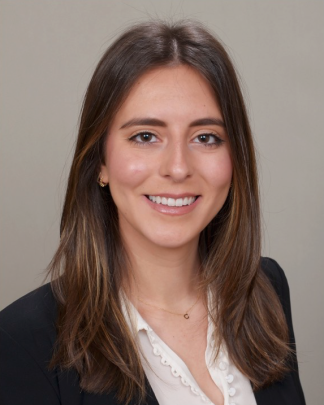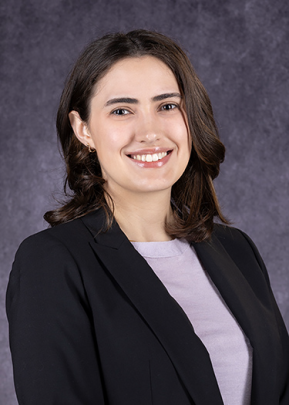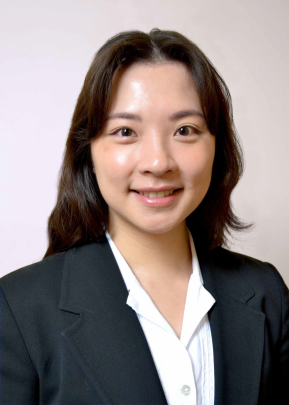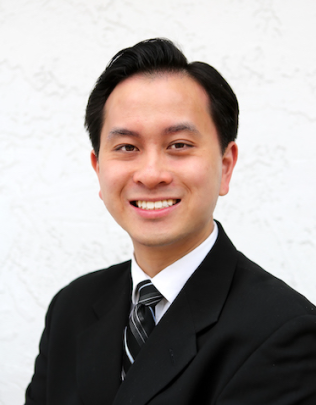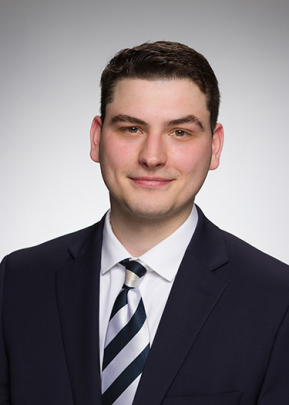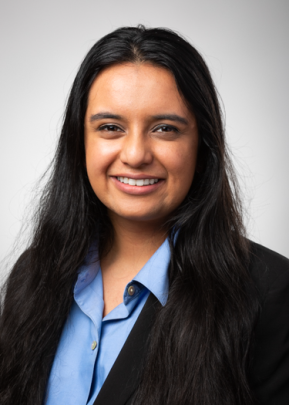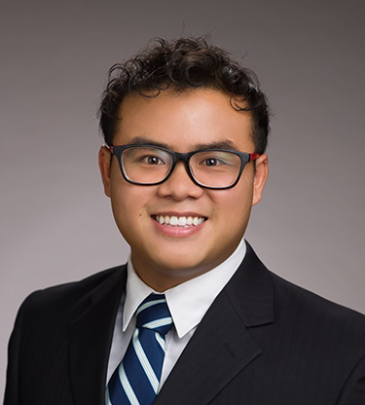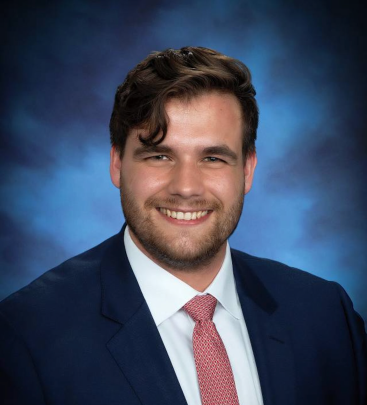General Psychiatry Residency
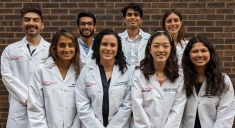
Overview of the Program
The General Psychiatry Residency Program is structured to provide residents with the knowledge and expertise to deliver superior psychiatric care to their patients. These goals are accomplished through a four-year broad-based curriculum, which includes such areas as neuropsychiatry, psychopathology, pharmacology and various psychotherapeutic approaches to their patient. In addition, our program includes education in geriatrics, ECT, telepsychiatry, forensic and addiction psychiatry with the opportunity of various electives in the fourth year of training.
The program gives our residents a sense of fellowship while providing comprehensive didactic and clinical training.
The majority of our graduates pursue postgraduate fellowships. Upon completion of all training, our residents easily pursue either clinical practice or academic/research oriented careers.
Program Highlights
- Innovative teaching methods
- Emphasis on medical student education and creating physician educators
- Diverse educational experiences in a variety of clinical settings
- Free access to Rutgers University Recreation including all fitness centers
- Protected full-day didactics every Tuesday
- Emphasis on resident wellness with a residency-specific wellness committee and weekly social events
- Diverse patient population
- Free access to Rutgers University Library with 5 million volumes and digital resources including UpToDate, DynaMedPlus and Clinical Key
What Made You Choose the General Psychiatry Residency Program?
Hear a message from our Robert Wood Johnson Medical School residents who discuss the highlights of the training program.
Accordion Content
-
Throughout the sections of this website is an overview of our clinical training sites and curriculum. We pride ourselves on offering robust clinical training in general psychiatry and specialty areas, while also promoting resident wellness and work/life balance. We provide training opportunities throughout the state and across various settings and levels of care to ensure our residents gain exposure to a multitude of diverse psychopathologies and sociocultural demographics. Our size lends itself to creating a close-knit program and ensures adequate support for our residents. In addition to gaining clinical expertise, our residents are involved in research, quality improvement initiatives, and are key participants in medical student education.
I look forward to answering any questions you may have after reviewing our site. Our Program Coordinator, David Gerak, the Associate Director, Dr. Shawen Ilaria, our residents, and I certainly hope you will be interested in getting to know us better.Jason D. Mintz, M.D.
Clinical Rotations
The Department of Psychiatry's educational goal is to provide an individualized foundation to our trainees that stimulates professional growth and integrity. Our experienced and dedicated faculty skillfully integrate clinical experience, supervision, didactics and research into our education-training programs.
Graduate medical education is based on the principle of progressively increasing levels of responsibility in caring for patients under the supervision of the faculty. Use the links provided for a brief description of the individual year levels.
Call Schedule
All 24 hour call is taken at UBHC in Piscataway. When on call, the residents are responsible for coverage on the Adult and Adolescent Inpatient Services, in addition to walk-in/emergency calls.
-
PGY-I: No psychiatry call will be taken while on internal medicine or emergency medicine rotations. In addition, PGY-I residents are not responsible for call on weekends or holidays. PGY-I residents will be paired with a senior resident for the first six calls in order to ease the transition from medical student to resident.
-
PGY II: The PGY-II resident is on call on average every sixth or seventh night. PGY-II residents are responsible for taking call on weekends and holidays.
-
PGY-III: PGY-III residents are responsible for supervisory call of new PGY-I residents at UBHC approximately once per month, up to six per year, and are exempt from call on weekends and holidays.
-
PGY-IV: No call responsibilities
Promise Clinic
All residents have the opportunity to participate in Promise Clinic, a student-run clinic providing free primary care to uninsured patients of Elijah's Promise Soup Kitchen. Our resident-volunteers serve in the role of providing psychiatric consults.
Clinical Rotations by Post Graduate Year
-
- Inpatient psychiatry at University Behavioral Health Care (2 months)
- Neurology at RWJUH (2 months)
- Consultation Liaison Psychiatry at RWJUH (2 months)
- PTSD at Veteran's Administration Hospital in Lyons, NJ (2 months)
- Internal Medicine at RWJUH (3 months)
- Emergency Medicine at RWJUH (1 month)
-
- Inpatient psychiatry at UBHC (2 months)
- Emergency psychiatry at Acute Psychiatric Services at UBHC (2 months)
- Addiction psychiatry at Jersey City Medical Center (2 months)
- Involuntary inpatient psychiatry at Capital Health in Trenton (2 months)
- Child and Adolescent Psychiatry at UBHC (2 months)
- ECT and neuromodulation at Overlook Medical Center (2 months)
-
- Outpatient psychiatry (12 months). Training in individual long-term analytically oriented psychotherapy, as well as family therapy. Brief therapies, including dynamic, cognitive-behavioral, interpersonal, supportive and crisis therapies are reviewed in depth.
- 2 days a week will be spent at SOS clinic at UBHC
- Residents will spend the other 2 days a week at any of the following sites:
- Northern State Prison
- Edna Mahan Correctional Facility
- New Brunswick Outpatient
- Edison Outpatient
-
- Consultative/emergency services at Capital Health in Trenton (2 months)
- Trenton Psychiatric Hospital (2 Months)
- Electives
- Elective experience is available in hospice and pallative care, pain medicine, geriatrics, substance use disorders, neuropsychiatry, research, child psychiatry, sleep disorders, eating disorders, medical psychiatry, administrative psychiatry, neurology, and residents as teachers. There are other options available to residents including participation in international electives.
Didactic Curriculum
A diverse, comprehensive curriculum occurs throughout a resident’s four years of training. Residents will have one full day of protected time every Tuesday for participation in scheduled didactics. This includes when residents are off service on internal medicine and neurology. While rotating on internal medicine and neurology, residents will attend didactics at those sites when offered as well.
Residents receive instruction in psychopathology, psychopharmacology, various psychotherapies and community and forensic psychiatry. Residents also participate in lectures on substance abuse, child and adolescent and geriatric psychiatry. During this period, residents will also attend a research seminar and learn to design their own research projects. Residents also participate in seminars focusing on neuropsychiatry, ethics, journal club and departmental grand rounds, often given by nationally recognized speakers.
The psychopathology didactic is taught weekly as a movie club known as Reverent Understanding of the Macabre (REDRUM). Initiated and run by Dr. Anthony Tobia, the didactic is an innovative approach that uses film to teach the etiology, clinical characteristics, course, and formulation of a broad range of mental illness affecting adults. Popular culture is often used as a medium to teach psychiatry at our residency program, and many residents go on to present at national conferences every year.
The Advanced Psychopharmacology course is taught weekly and provides residents with evidence-based information on medications and related areas (pharmacokinetics, pharmacodynamics, pharmacogenetics, pharmacoeconomics, etc.). In addition, residents are expected to present on specialized topics of their choice within psychopharmacology. This creates an opportunity for residents to analyze evidence on their own while also fostering presentation skills. Through this course, residents will learn to choose the treatment options that best suits the personal characteristics of each individual patient.
Accordion Content
-
- Consultation-Liaison Psychiatry Case Conference
- Interpersonal Psychotherapy
- Introduction to Psychodynamic Theory
- Psychodynamic Formulation
- How to Design a Research Project
- Cultural Psychiatry
- Quality Improvement
- Substance Use Disorders
- Psychopathology
- Advanced Psychopharmacology
- Research Curriculum
- Forensic Psychiatry
- Patient Safety
- Geriatric Psychiatry
- Introduction to Outpatient Psychiatry
- Journal Club
- Child Life Development
- Neuropsychiatry
- Child Continuous Case Conference
- Practice Management
- Cognitive Behavioral Psychotherapy
- Buprenorphine Training
Scholarly Activities
The Psychiatry Residency offers multiple opportunities and to become involved in clinically oriented research, quality improvement and academic projects.
List of Resident Publications and Presentations
- British Journal of Psychiatry Open
- The American Journal of Addictions
- The Journal of Academic Psychiatry
- Journal of the American Academy of Psychiatry and the Law
- American Psychiatric Association National Conference
- Pop Culture Association and American Culture association National Conference
- Grand Rounds: Rutgers Robert Wood Johnson Medical School
- Student National Medical Association National Conference
- Latino Medical Student Association Conference
- Philadelphia Colloquium of Scholars Annual Update in Psychiatry
- Annual Research Poster Session Robert Wood Johnson Medical School
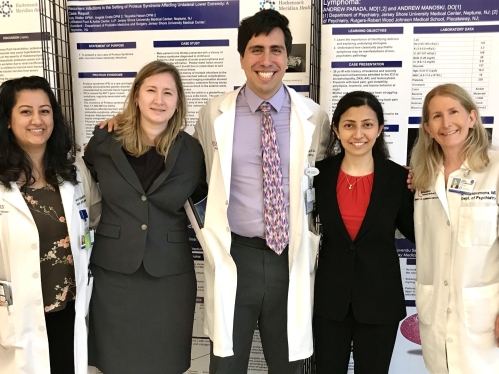
Educational Facilities
The Department of Psychiatry partners with a number of educational facilities, including:
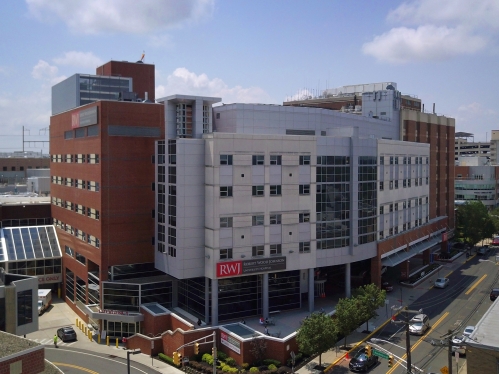
Benefits and Salary
The General Psychiatry Residency Program offers a uniform package of benefits consistent with those provided at all graduate medical educational programs operated by the medical school. Full details regarding benefits and salary are continuously updated by the Office of Graduate Medical Education.
Checks are issued biweekly and distributed through departmental offices. Direct deposit is offered, allowing for immediate access to funds via electronic transfer. Salaries below are effective for the 2025-2026 academic year.
Salaries:
- PGY 1 - $73,133.00
- PGY 2 - $76,045.00
- PGY 3 - $80,322.00
- PGY 4 - $85,014.00
Benefits:
- Chief Resident Differential of $3,400 (Prorated for duration of Chief Resident's service)
- Conference Time
- Orientation Pay ($1,300)
- Book Allowance ($1,300)
- Meals during on-call
- Life Insurance
- Disability Insurance
- Medical and Dental Coverage
- Prescription Drug Plan
- Professional Liability Coverage
- Vacation (20 days per year)
- Holidays (8 designated days per year)
- Float Days (4 per year)
- Sick Days (12 per year)
- Free access to Rutgers University recreation centers and state-of-the-art digital library resources.
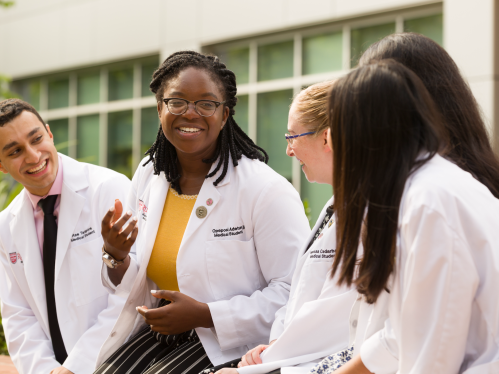
Contact Us
David J. Gerak
Program Coordinator
General Psychiatry Residency Program
Forensic Psychiatry Fellowship Program
Phone: 732-235-4951
Fax: 732-235-4649
E-mail: dg723@rwjms.rutgers.edu
Michelle Smith
Program Assistant
General Psychiatry Residency Program
Psychiatry Grand Rounds Coordinator
Phone: 732-235-4433
Fax: 732-235-4649
E-mail: ms3943@rwjms.rutgers.edu
Department of Psychiatry
671 Hoes Lane West, D325
Piscataway, NJ 08854
- Follow Dr. Anthony Tobia on Twitter: @ATobiaMD
- Follow the Psychiatry Residency Program on Twitter: @RutgersRWJPsych
